Bathing Like the Romans Do: Water Heaters Over the Years
The experience of stepping into a warm bath has been cherished for thousands of years, providing comfort, relaxation, and even a sense of ritual. Yet the ways humans have heated water have evolved dramatically, reflecting advances in technology, culture, and lifestyle. From the ingenious engineering of ancient civilizations to today’s energy-efficient and smart systems, water heaters have consistently played a crucial role in making daily life more comfortable and convenient. According to AOS Bath, the Romans were already using solar heating in their baths 6,000 years ago, demonstrating that the pursuit of warm water is far from a modern luxury and has long been a priority for human comfort.
Over the centuries, methods of heating water have shifted from rudimentary fire-heated baths to sophisticated tankless and solar-powered systems, offering unprecedented control, efficiency, and safety. Modern water heater replacements not only carry on this long-standing tradition but also provide homeowners with improved performance, greater energy savings, and peace of mind knowing their system is reliable. Understanding this evolution of water heating helps homeowners make informed decisions about maintenance, timely replacements, and upgrades that meet both their household needs and environmental goals.
What Are the Different Types of Water Heaters Available Today?
Today’s homeowners have access to a wide range of water heating options, each designed to meet different household needs. The most common type is the storage water heater, which keeps a large tank of hot water ready for use. These systems are popular for their reliability and relatively simple installation. However, they require ample space and can experience energy losses as heat dissipates over time.
Tankless water heaters, also known as on-demand systems, heat water only when it’s needed, eliminating the standby losses associated with storage models. These units are ideal for households looking to save space and reduce energy consumption. Heat pump water heaters take efficiency a step further by transferring heat from the surrounding air into the water, using significantly less electricity than conventional models. They are especially effective in moderate climates and can offer long-term cost savings.
Modern water heaters offer a range of options designed to meet different household needs while maximizing efficiency and reliability. The Romans’ early use of solar heating in their baths shows that the pursuit of warm water has been a priority for millennia, highlighting the long-standing value of innovative water heating solutions. Today’s water heater replacements focus on providing consistent hot water, improved energy efficiency, and long-term durability. With various systems available—such as storage tanks, tankless units, and heat pump models—homeowners can choose a water heater that best fits their household size, energy priorities, and budget considerations.
How Often Should I Consider a Water Heater Replacement?
Water heaters, like any appliance, have a finite lifespan. In our experience, the typical lifespan of a conventional storage water heater ranges from 8 to 12 years, while tankless systems often last 15 to 20 years with proper maintenance. Homeowners should monitor their systems for signs of inefficiency or impending failure to avoid sudden disruptions in the hot water supply.
Common indicators that a water heater replacement may be necessary include rust-colored water, leaks around the tank, unusual noises, inconsistent water temperatures, and rising energy bills. Regular maintenance can extend the life of a water heater, but eventually, replacement is inevitable. Planning for water heater replacements ensures uninterrupted comfort and avoids emergency situations that can be costly and inconvenient. Recognizing the signs early allows homeowners to schedule replacements proactively, giving them the opportunity to explore modern, more efficient options.
What Factors Should I Consider When Choosing a New Water Heater?
Selecting a new water heater involves more than simply picking the latest model. Several factors play a role in determining the right system for a home. Energy efficiency is a top consideration, as high-efficiency models can significantly reduce monthly utility costs. Many modern water heaters carry ENERGY STAR certifications, making it easier to identify systems that meet strict efficiency standards.
Capacity is another critical factor. The size of the household and typical water usage patterns influence whether a smaller tankless system or a larger storage tank is more appropriate. Type also matters; some homeowners prioritize space-saving tankless units, while others prefer the simplicity and reliability of traditional storage water heaters. Installation requirements, including available space, venting options, and plumbing compatibility, must also be taken into account. Lastly, the upfront cost versus long-term savings is a key consideration, as investing in a higher-efficiency model may result in lower energy bills over time. Thoughtful evaluation of these factors ensures that water heater replacements provide the best value, performance, and convenience.
How Do I Dispose of an Old Water Heater Properly?
Replacing a water heater also requires responsibly handling the old unit. Many homeowners are unaware of the environmental impact of improper disposal. Water heaters contain metal, insulation, and sometimes hazardous materials, all of which should be managed carefully. Recycling programs and local scrap metal facilities often accept old water heaters, allowing materials like steel and copper to be reused. Some utility companies and plumbing contractors offer pick-up services or incentives when installing new water heater replacements, ensuring that the old unit is disposed of safely and efficiently.
Before removal, it’s important to drain the tank completely and disconnect all plumbing and electrical connections according to local safety guidelines. This prevents leaks, electrical hazards, and other complications during disposal. By taking the time to dispose of an old water heater properly, homeowners contribute to environmental sustainability and make the replacement process smoother and safer. Responsible disposal practices complement the benefits of upgrading to a modern water heater system, maintaining a household’s efficiency and environmental stewardship.
What Are the Benefits of Upgrading to a Modern Water Heater?
Modern
water heater replacements offer a variety of advantages that go beyond simply restoring hot water. Energy efficiency is a primary benefit, as new systems are designed to reduce electricity or gas consumption while maintaining consistent water temperatures. This efficiency translates into lower utility bills and a smaller environmental footprint. Advanced features such as programmable thermostats, digital controls, and Wi-Fi connectivity allow homeowners to monitor and adjust their water heating systems conveniently, improving comfort and control.
Modern systems are also more reliable and durable than older models, reducing the risk of leaks, corrosion, and costly repairs. Tankless and heat pump water heaters, in particular, provide continuous hot water and often last longer than conventional storage tanks. Upgrading to a new water heater can also increase the overall value of a home, as prospective buyers appreciate efficient, low-maintenance systems. Ultimately, timely water heater replacements enhance daily life by providing dependable, energy-efficient, and environmentally conscious hot water solutions.
From the ingenuity of Roman solar baths to today’s advanced water heating technologies, the evolution of water heaters reflects humanity’s ongoing desire for comfort and convenience. Proper maintenance and timely water heater replacements are essential to ensure safety, efficiency, and consistent performance in modern homes. Whether considering storage, tankless, heat pump, or solar options, investing in a new water heater can improve daily routines, lower energy costs, and support sustainable living. By understanding the history, options, and benefits of modern water heaters, homeowners can make informed decisions that keep their households comfortable and efficient for years to come. If you need a new water heater, contact the professionals at Grey's Woodworks, Inc today!
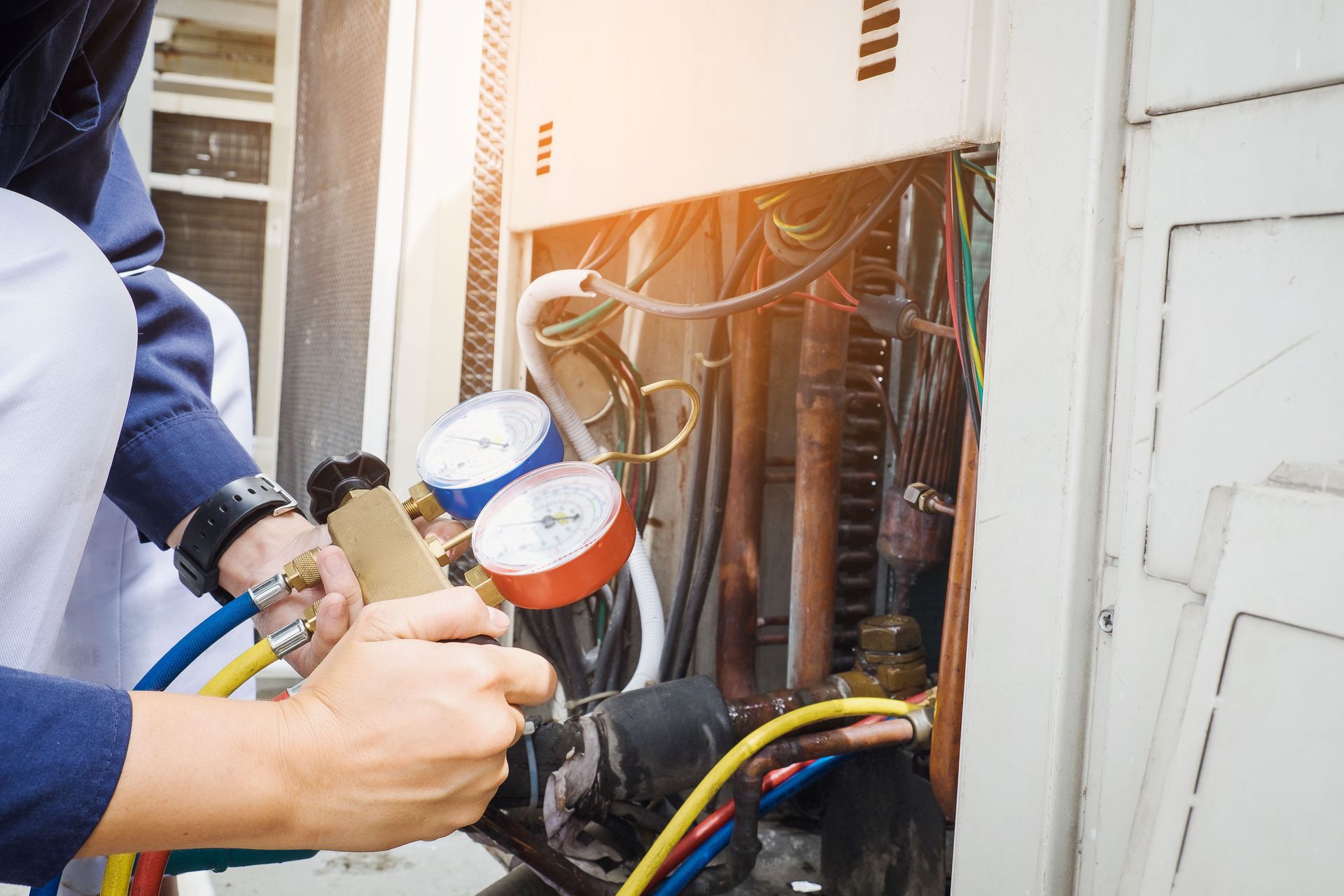

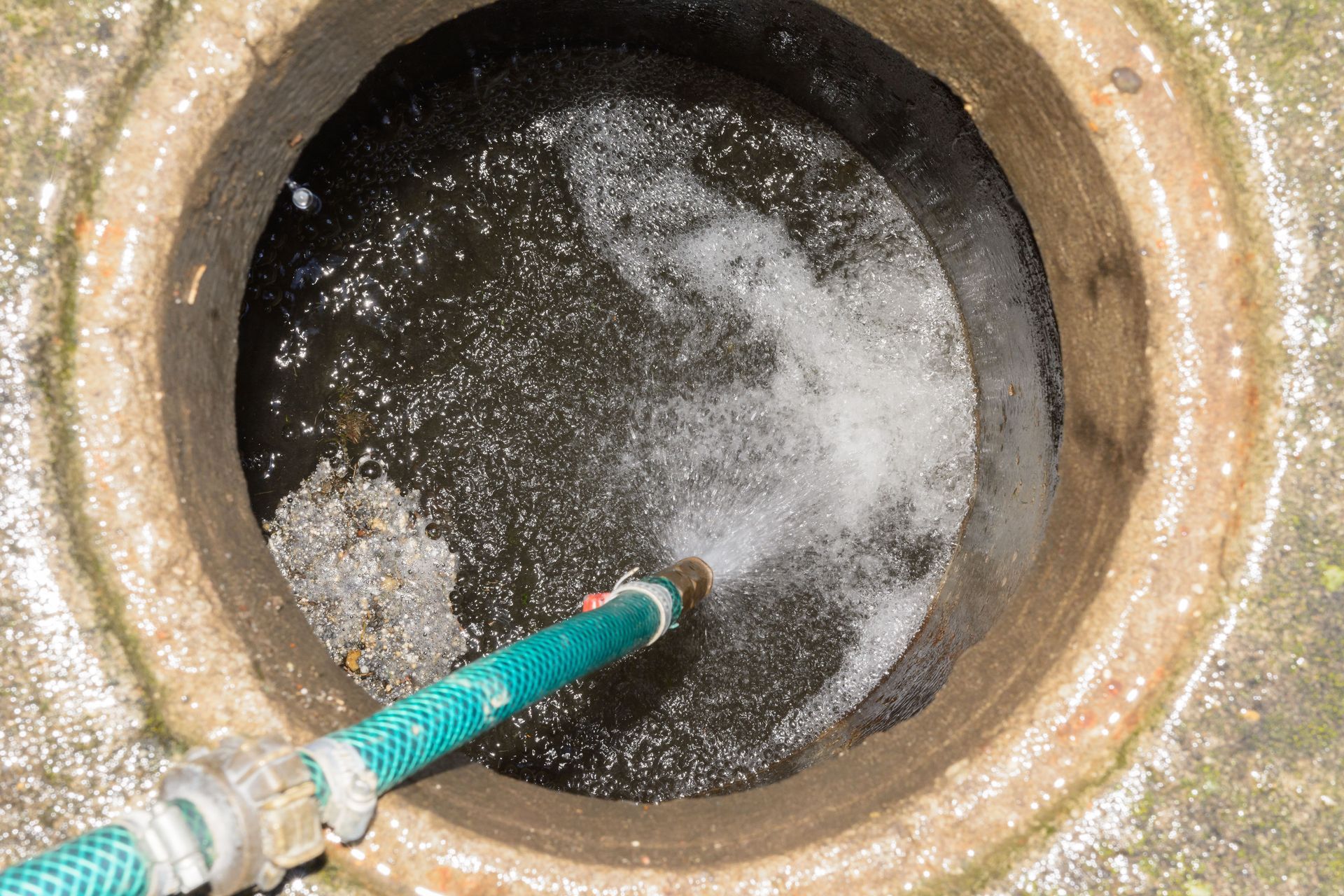
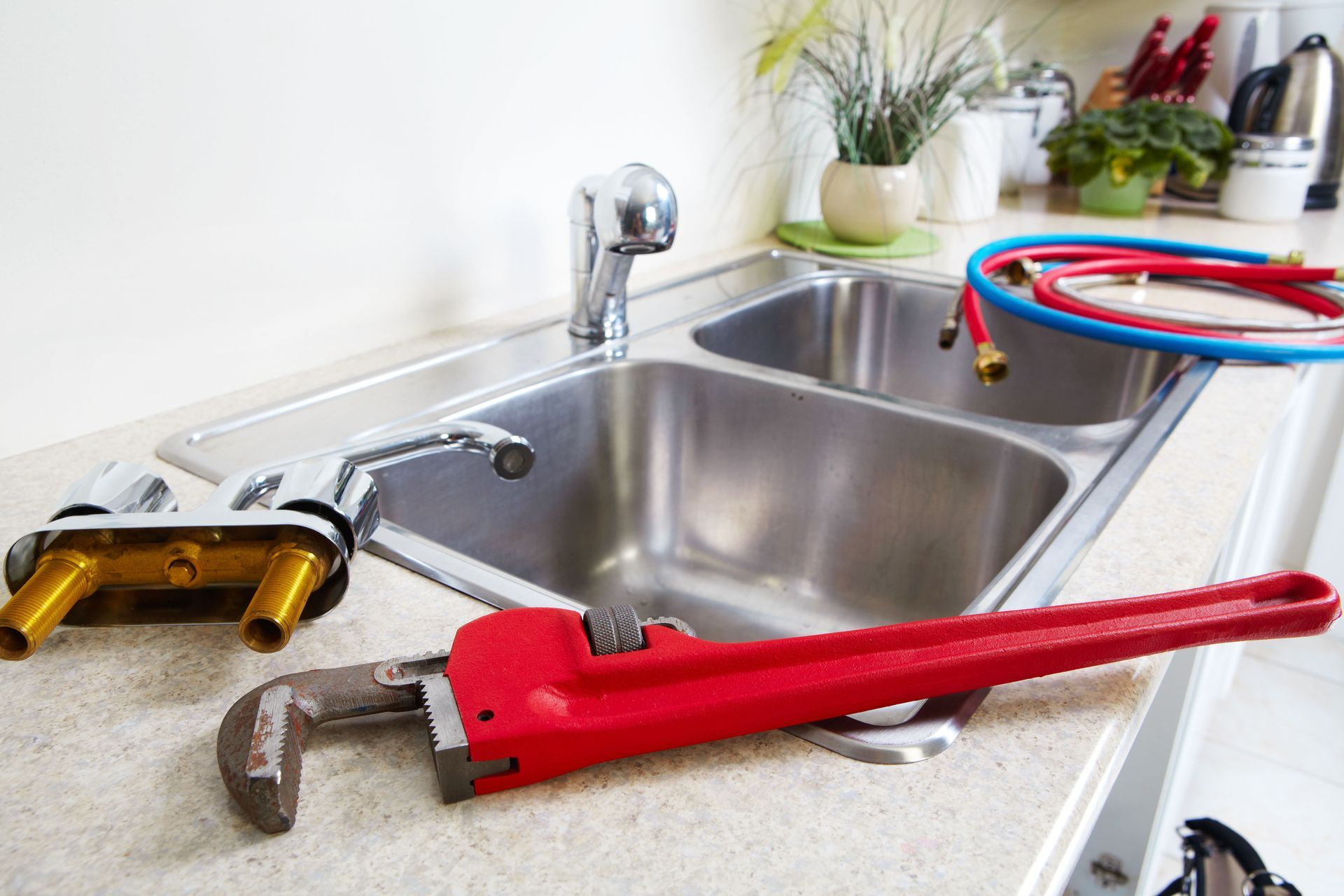
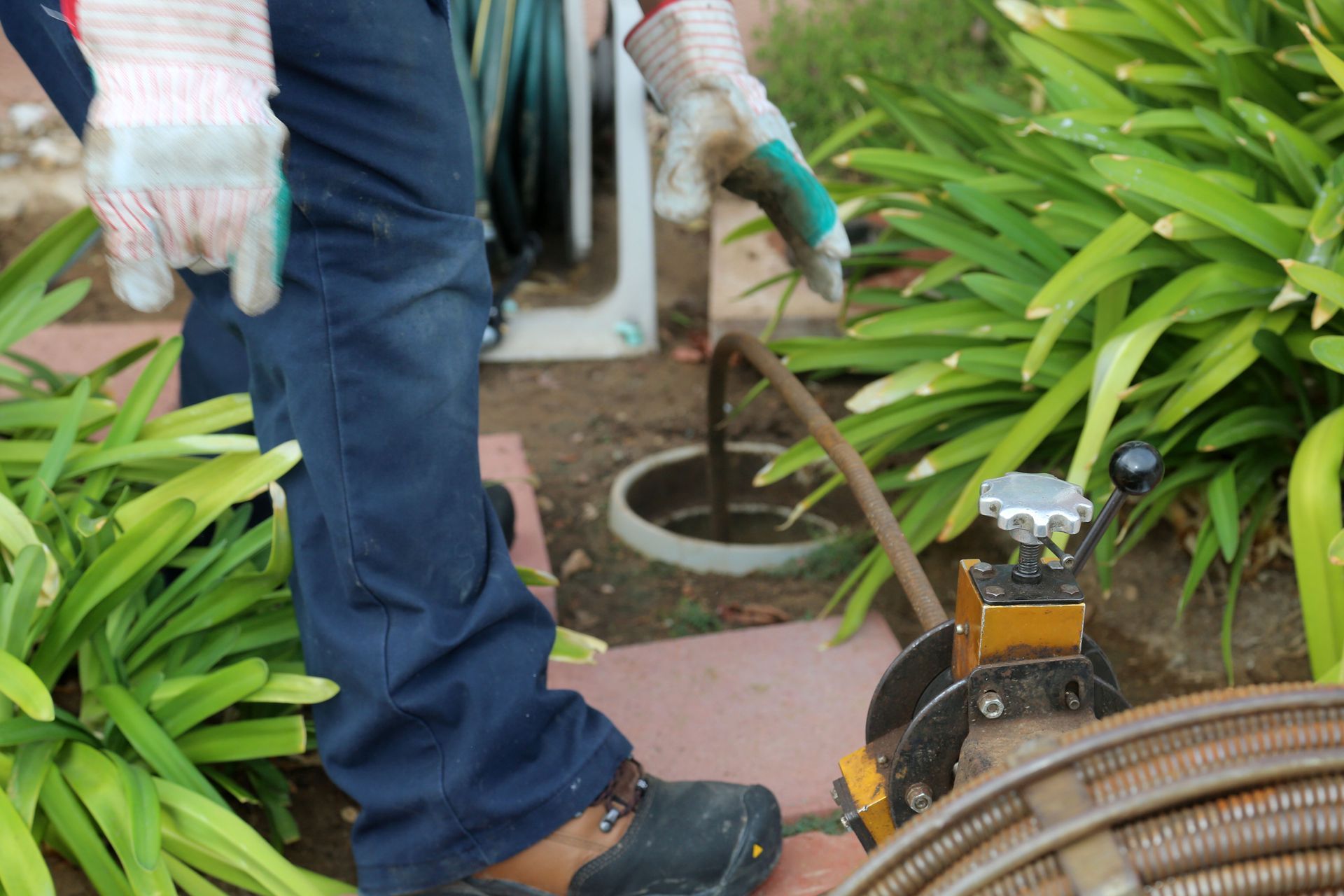
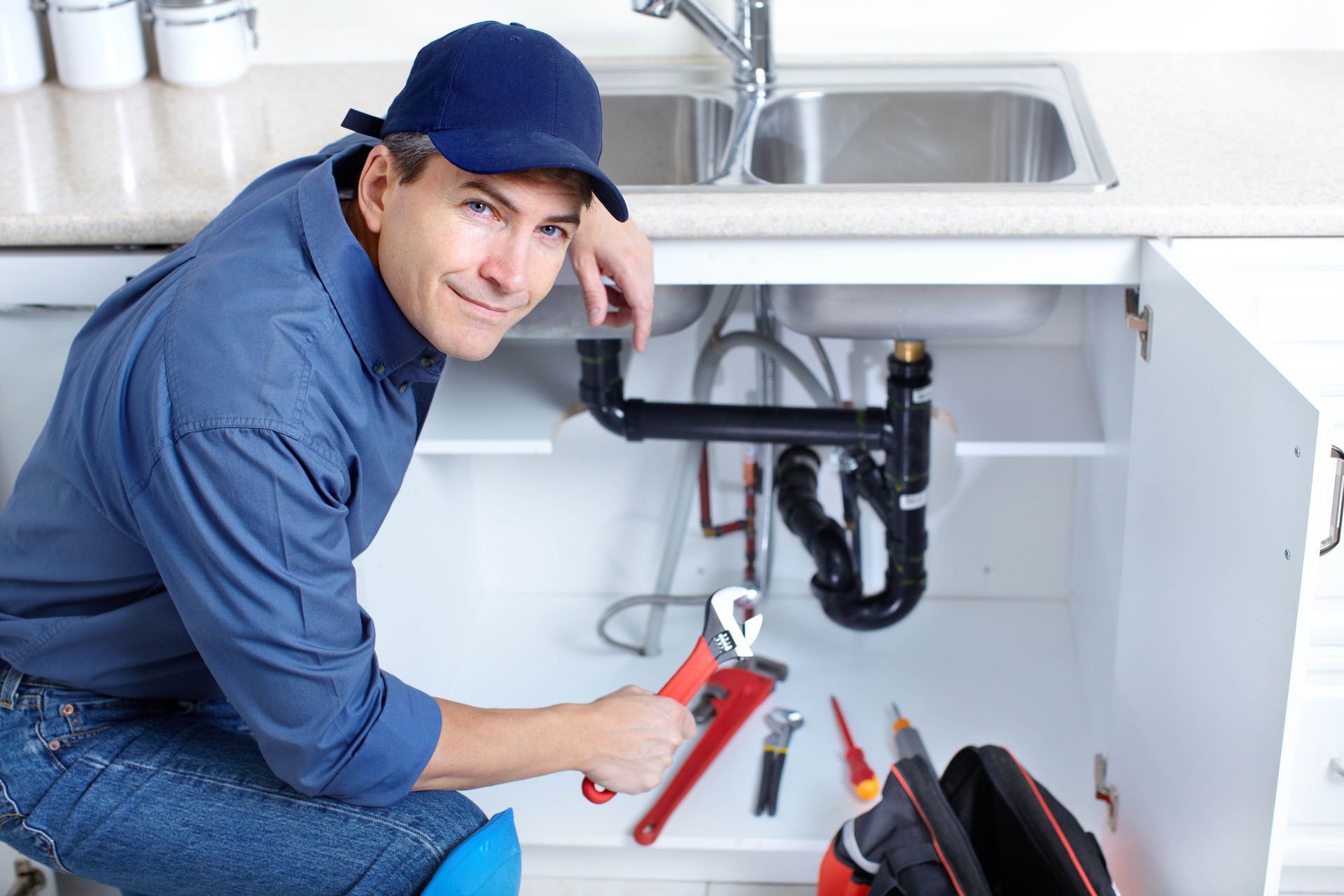
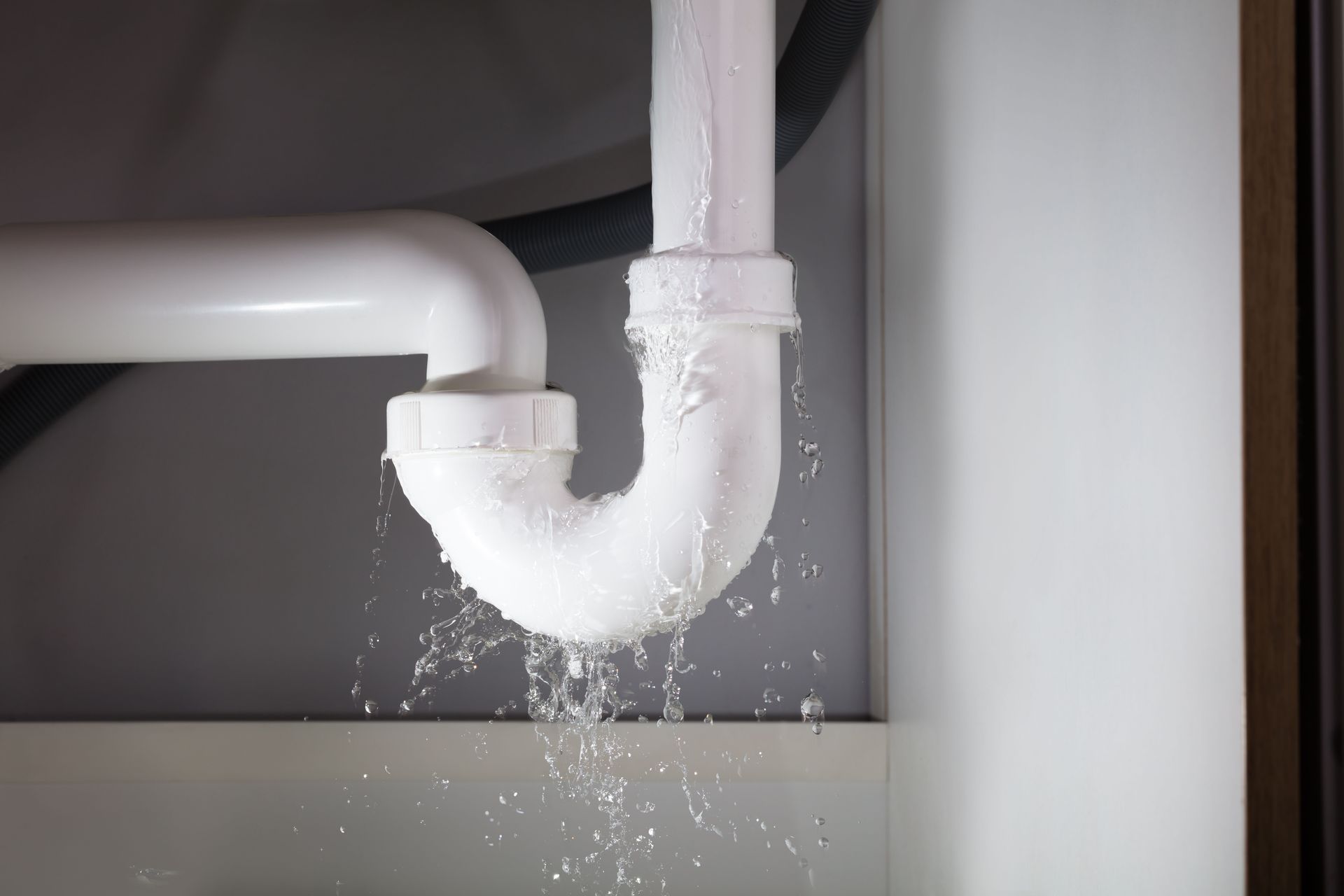
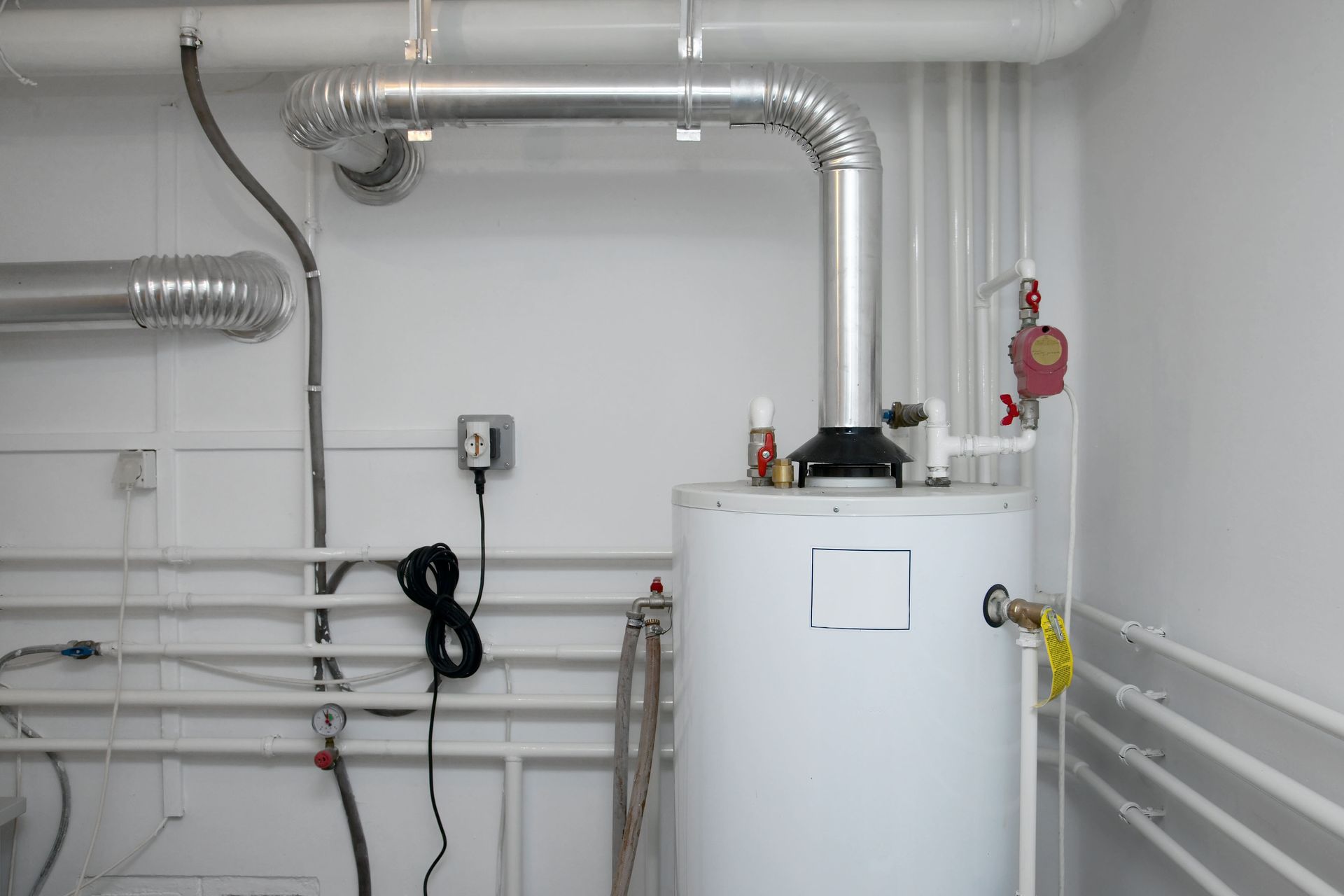
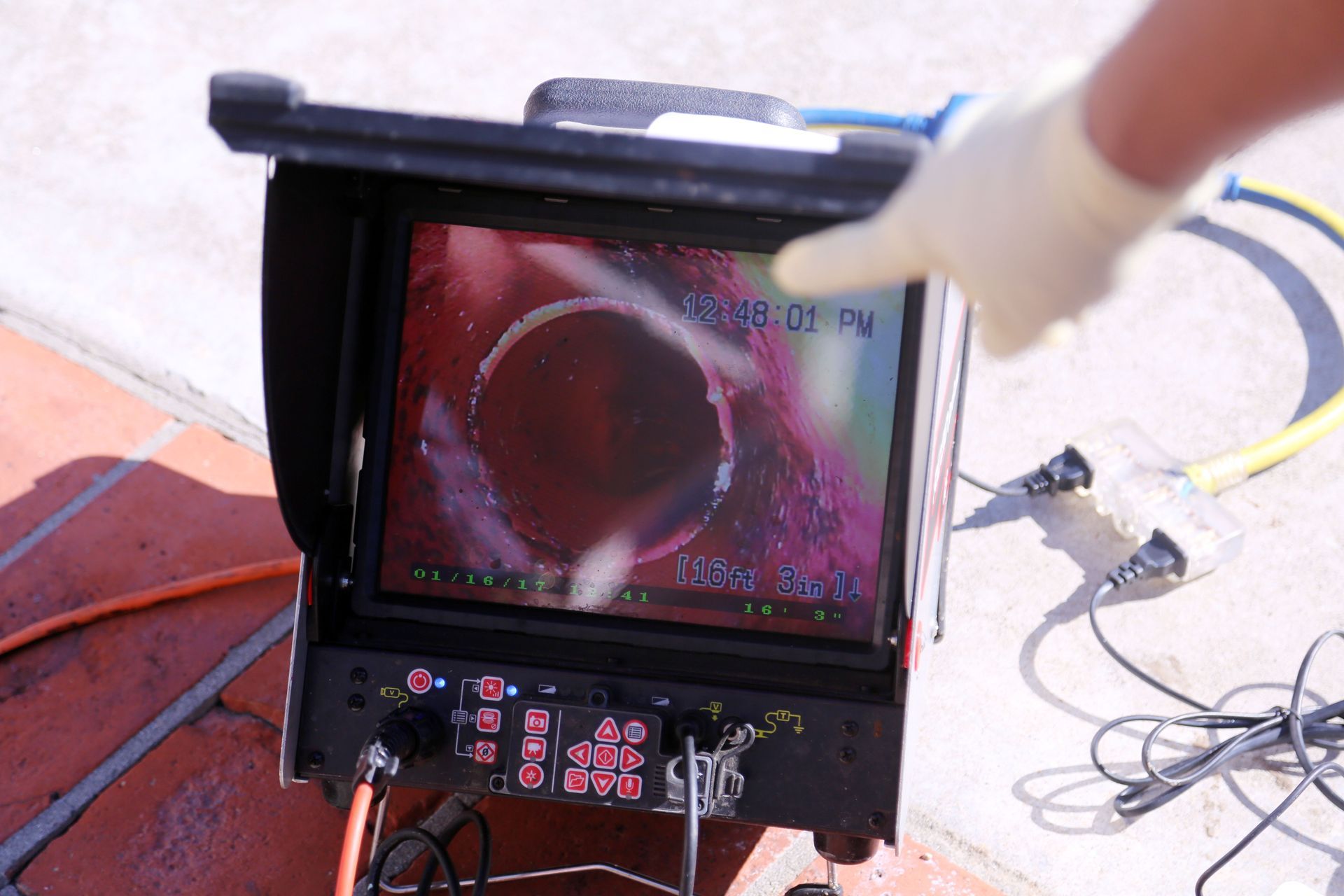
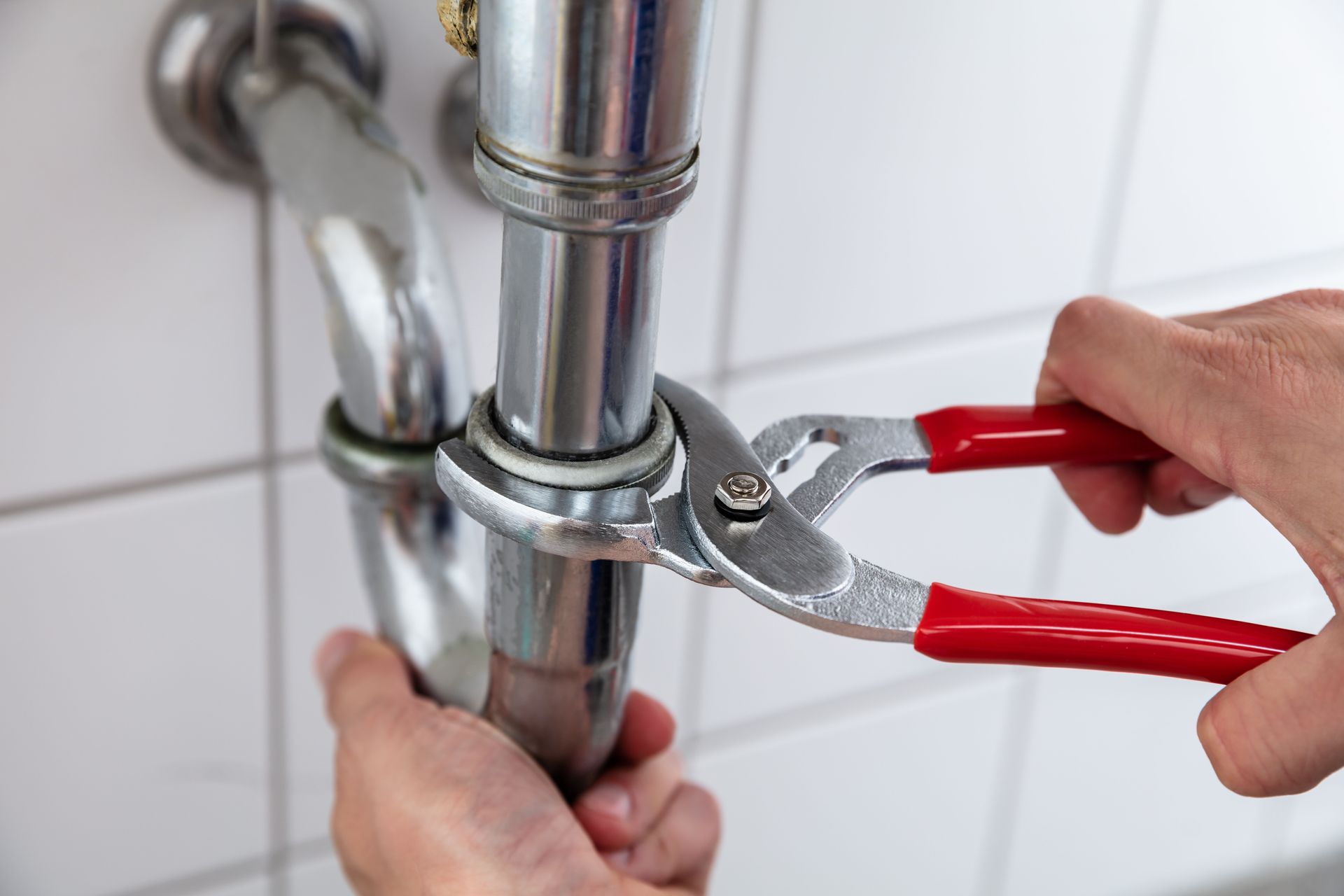
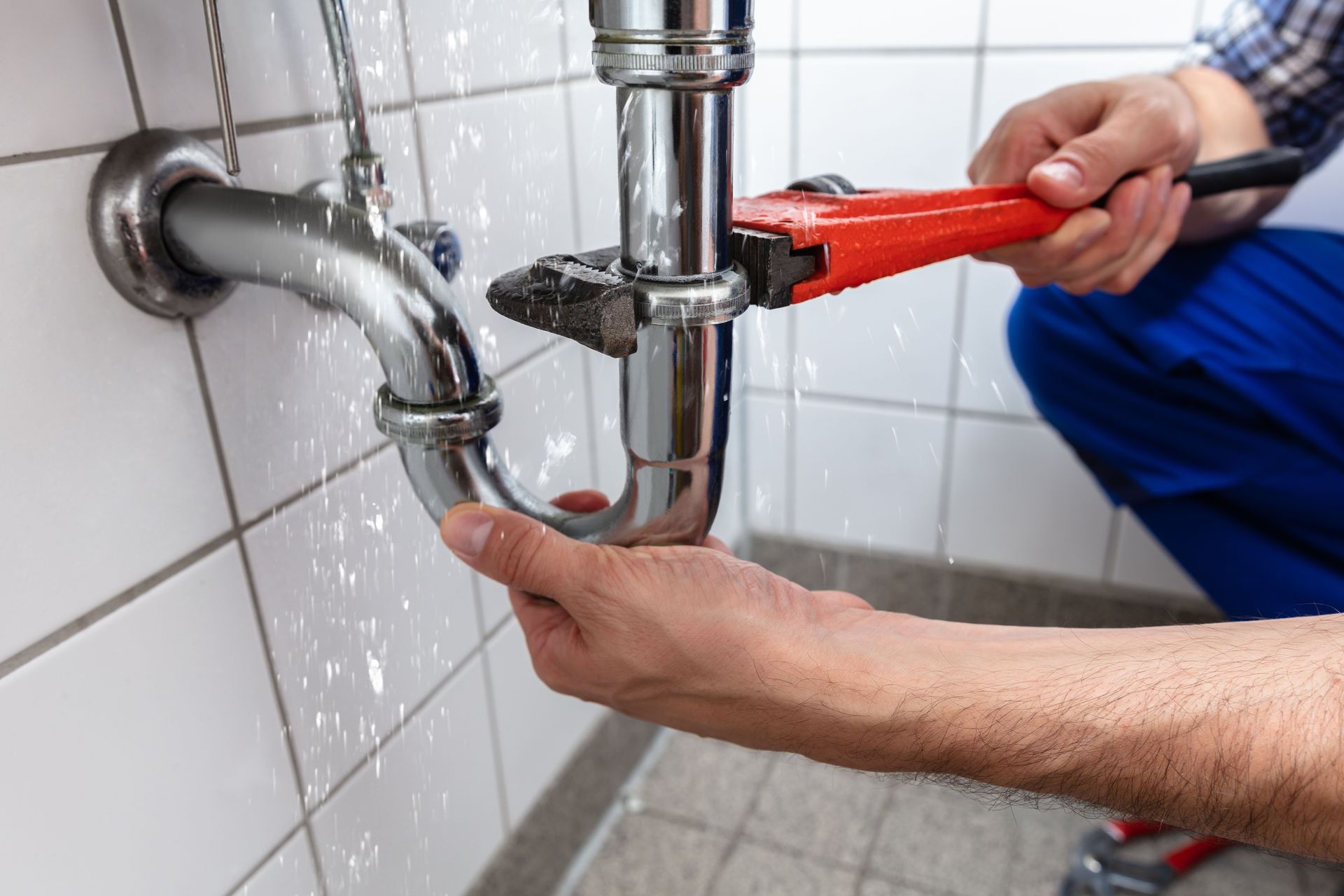
Share On: